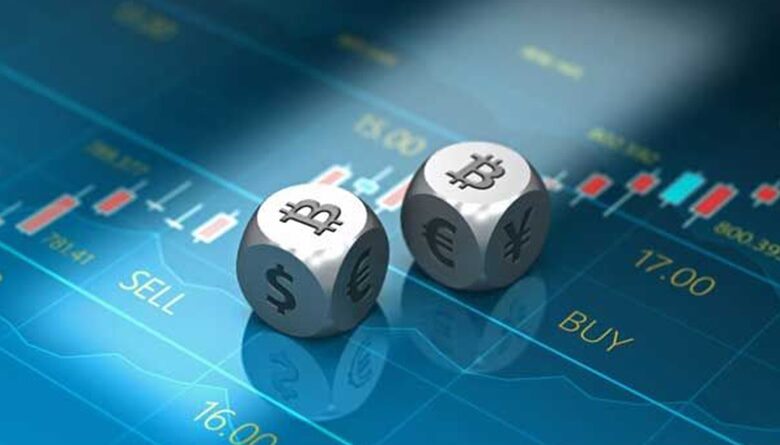The Role of Behavioral Finance in Share CFDs Trading Among Czech Investors
Czechs are taking a very active part in the financial markets and many people are resorting to share CFDs as a convenient form of participation in equities around the world. With the further development of this tendency, the interest in psychological and emotional principles resulting in the trading decisions increases. Behavioral finance is becoming an important factor when considering how Czech traders incorporate their behavior regarding the market conditions, in particular when they start to apply such tools as share CFDs, which demand some quick thinking, risk management, and emotional control.
Behavioral finance analyzes how human emotions and the way of thinking influence investment choices. These factors can significantly affect the behavioral aspects of share CFDs, bearing in mind that such a situation depends on both leverage and short-term opportunities. Investors in the Czech Republic who trade through CFDs usually end up making decisions under pressure, especially during periods of high market volatility or unexpected news. Impulsive reactions caused by emotions, like fear, greed, and overconfidence, might as well be a shift away from a well-thought-out plan.
Most Czech traders understand that FOMO might result in excessive trading. Investors, when markets go up too strongly, can get into the positions without examining the risks, led by the assumption that the prices will only continue to go up. The ease of entry and exit with share CFDs can easily lead even to fast negative results. The faster one trades, the higher the risk of significant errors that may happen with the emotions involved. Behavioral finance tries to challenge traders to take a look back and determine whether they are acting on the basis of data or emotion.
Another common behavioral trait is loss aversion. Czech investors of share CFDs report that many CFD traders are unwilling to liquidate a losing trade and wait instead until it turns around, rather than suffer a small loss. This may cause bigger losses and the level of emotional stress increases. With the awareness of this tendency, traders may be more disciplined in the application of stop-loss orders and predefined plans, which reduce the need for emotional decision-making in the moment.
Behavioral finance also assists in the understanding of confirmation bias as it relates to trading. Czech investors may tend to read only information that confirms their prior beliefs and overlook conflicting evidence. This may lead to taking positions longer than one should or missing profitable positions which appear counter to the earlier belief and thus failing to act. This is especially applicable in share CFDs trading where positions can be required to move swiftly. Being aware of this bias will enable the traders to be open-minded to change as new information develops.
Emotional resilience is increasingly becoming an issue in the development of a number of Czech traders. Share CFDs expose investors to both potential losses and gains, all in a small amount of time, which in itself causes psychological pressure. Behavioral finance provides information on how emotions, mental fatigue, or even past successes and failures can influence the quality of decisions. Ideal Czech traders are more disciplined in adopting routines and structuring their plans and are also likely to take breaks to maintain mental focus.
A number of exchanges have adopted technologies that promote more mindful trading practices. When investing with share CFDs, dashboards, alerts, and educational materials are commonplace to Czech investors who tend to make decisions based on data. The combination of technology and psychological understanding will eliminate impulsive behavior and will create a more balanced trading environment.
With share CFDs gaining popularity among traders in the Czech Republic, behavioral finance is fast becoming an important component of trader learning. It is important to realize that emotions and biases affect decisions, which helps investors adopt better risk practices, enhance consistency, and eventually trade with more trust and certainty.

